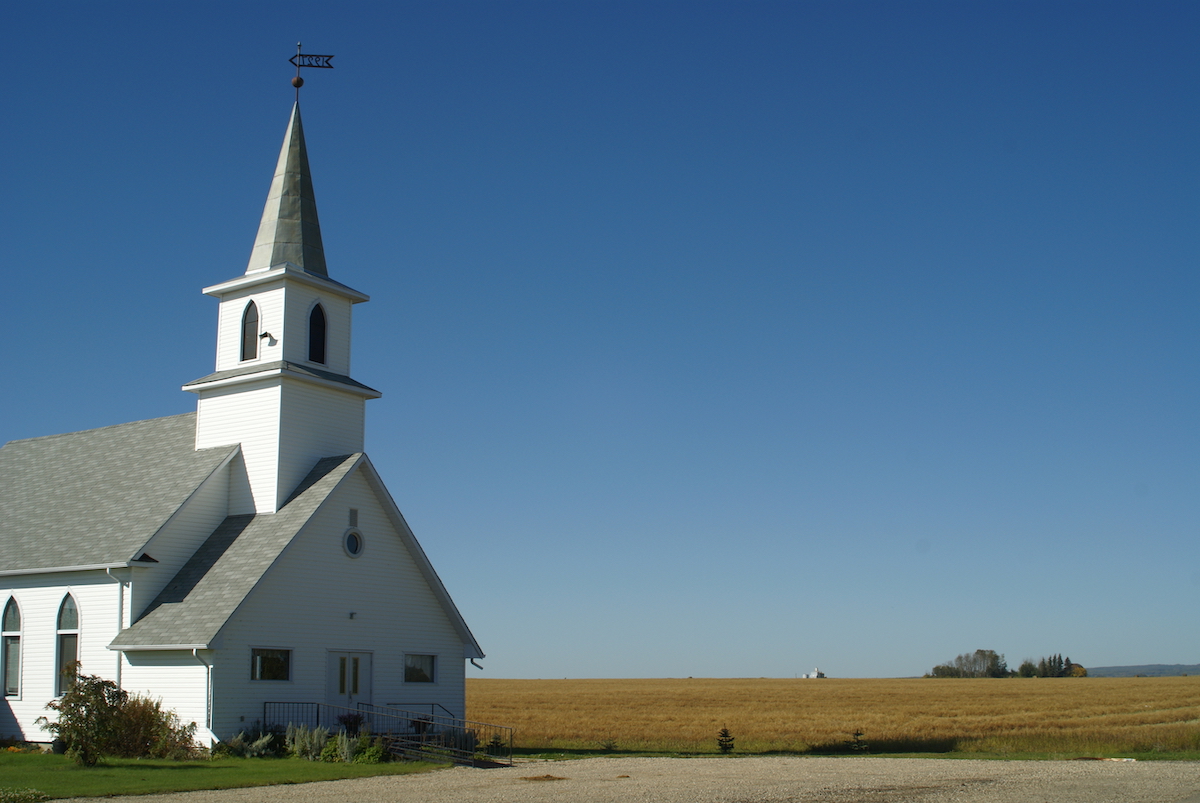Every home has one. The infamous catchall spot universally known as the “junk drawer.” The reason we all have one of these drawers is because we all have things in our homes we don’t know what to do with and that doesn’t have a designated spot of its own. These drawers are often full of old keys, batteries, spare shoelaces, paper clips, twist ties, clothes pins, pennies, and orange-handled scissors.
Regardless of what fills the junk drawer, you’re not likely to find Grandma’s diamond earrings in there because nothing of considerable value ever ends up in the junk drawer. Items of value have a designated spot of their own. The junk drawer is for the inconsequential, the stuff of little importance. For most of us, the entire contents of that particular drawer could be thrown out and we wouldn’t miss a thing.
Somehow, small town, rural America has found its way into the junk drawer; no one knows what to do with it anymore. We’re still holding onto it, but it seems we’re increasingly unsure if we should. Demographers and sociologists alike seem to work tirelessly studying and defining urban America and its effects on culture as a whole; but, when confronted with our country’s more rural pockets, there seems to be an uncertainty as to what to do with it. As a result, rural America ends up tossed in a drawer right next to the dried-up shoe polish. Rural America ends up defined more by what it is not than by what it is. For example, a recent definition from the U.S. Census Bureau defined “rural” as, “All territory, population, and housing units not classified as urban.” Basically, rural communities are defined by what urban centers are not. Metropolitan America remains the standard with its 83% of the country’s population, leaving the remaining 17% marginalized in some unspecified drawer somewhere.[1]
The Impact on the Small Town, Rural Church
Small town, rural pastors have heard for more than a decade that cities are where culture is created, and therefore where we need to focus our missional attention. It is posited that if successfully done, the affects of that culture forming and transforming work will naturally flow “down river” to our more outlying, rural areas. While this may be true, the language has done harm in small town America, and more tragically, in the small town American church. It is language like this that has contributed to the small town, rural church getting tossed into the junk drawer. We have focused all of our attention on the cities and have trusted that it will be in the overflow of our urban focus that will reach our rural communities. That is simply not good enough.
We Need More Channel Pilots
Years ago, my parents lived west of Portland, Oregon on Sauvie Island, where the Multnomah Channel, the Willamette River, and the Columbia River all converge. Needless to say, if freightliners were cars and the river channels were highways, my parents lived in a high traffic area. It was captivating and almost hypnotic to watch these freightliners cruise by—so quiet, and yet, so powerful. During their time living on the island I learned of channel pilots; these were men and women who specialized in the navigation of specific channels in various U.S. port routes. I learned that when an international freightliner arrives on the coast in Astoria, Oregon, a channel pilot boards the ship and temporarily takes command of the vessel to see it safely the one hundred miles to the Portland Harbor. The trip takes roughly six hours, and over the course of the journey the channel pilot makes nearly one hundred course changes navigating the channel, since the longest straight stretch in the river is only two miles long.
My point in sharing this is that nothing naturally makes it down the river, at least not intact. We cannot assume that the gospel work being done in urban centers will make it the one hundred miles and ninety-some course changes to our small town, rural communities. We need channel pilots. We need those who specialize in the channel, those who know the river, to intentionally see the gospel delivered to “the ends of the earth” (Acts 1:8), and in one piece.
The small town, rural church is not inconsequential. It’s quiet, but it’s powerful. It knows the river, and by God’s grace and provision, it can get the freight to the harbor. The small town, rural church needs a designated spot of its own. We have got to help get it out of the junk drawer and back on the shelf.
Our upcoming event, The Middle of Somewhere, will connect, encourage, equip, and resource pastors and leaders serving in rural (isolated, forgotten, and small) places. Join us on May 8! Find out more here.
[1] Richard E. Wood, Survival of Rural America (Lawrence, KA: University Press of Kansas, 2008), p. xi.










